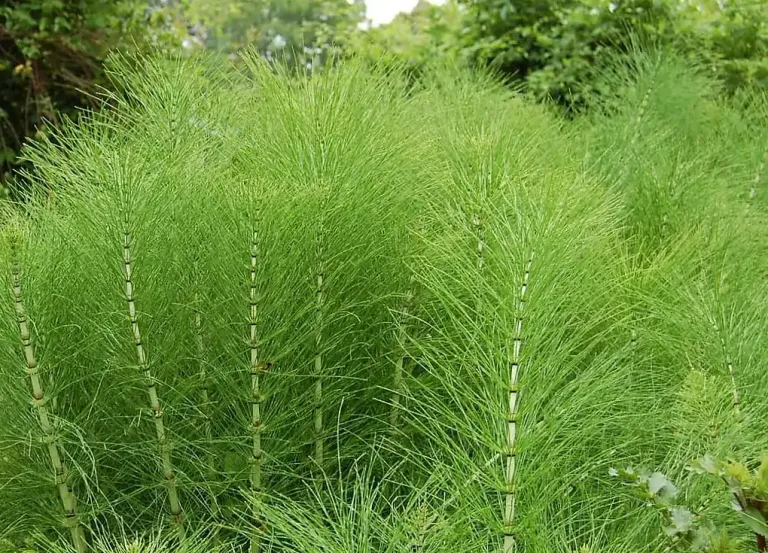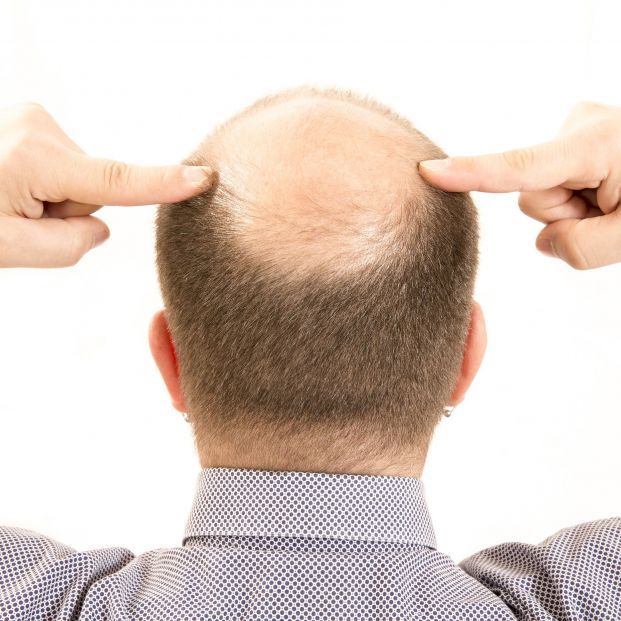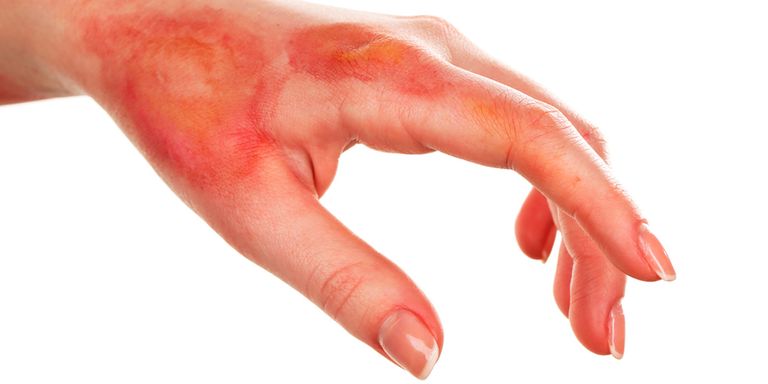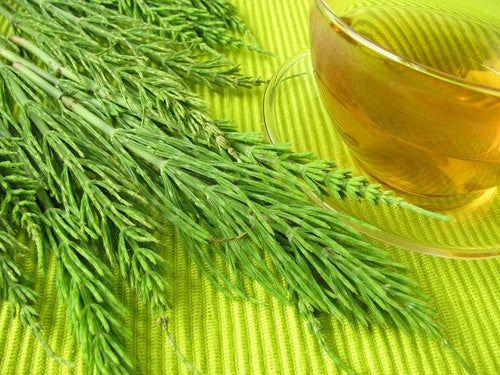
The ponytail is a plant full of properties and active principles such as:
equisetonine, tannins, potassium, flavonoids, silica, and vitamin C, which makes it extremely beneficial to our health.
Horsetail is a natural product used for "fluid retention" (edema), kidney and bladder stones, urinary tract infections, inability to control urine (incontinence), and for general kidney and bladder disorders.

It is also used for baldness, tuberculosis, jaundice, hepatitis, brittle nails, joint diseases, gout, osteoarthritis, bone weakness (osteoporosis), frostbite, weight loss, for menstrual or prolonged periods, and uncontrolled bleeding (hemorrhage) from the nose, lungs, or stomach.

Horsetail is applied directly to the skin to treat wounds and burns.
Intake of dry ponytail extract or a specific product containing ponytail plus calcium extract (Osteosil Calcium) increases bone density in postmenopausal women with osteoporosis.
It is possibly dangerous when taken orally for long periods of time. It contains a substance called thiaminase, which separates thiamine from nutrients.

One of the most common ways to consume horsetail is in the infusion. To do this, boil water and add the plant in sachets or envelopes, leaving it to act and rest for about five minutes.
In the case of wanting to treat a specific ailment or use as a diuretic supplement, it is recommended to drink three glasses a day for a month and a half, and then stop drinking for a few weeks. This process can be repeated throughout the year.
Precautions on the use of ponytail.
There is not enough scientific evidence to recommend the consumption of ponytail during pregnancy, therefore, its consumption is not advised by possible negative consequences due to its possible abortive effect and the lack of vitamins that its prolonged consumption can produce.
The infusion of ponytail can produce some gastrointestinal complications in people predisposed to such ailments.
It should not be administered to children under 12 years of age.
Prolonged or excessive consumption of ponytail can produce a lack of B vitamins, especially B1, so its use should not be abused.
Like any other medicinal plant, horsetail should always be done under the strict supervision of a professional, since the plant could irritate the digestive tract.